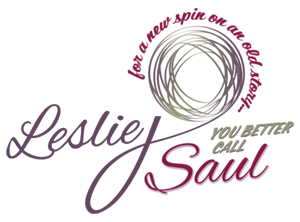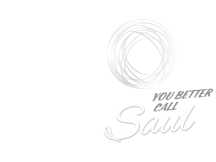6 Astonishing Ways to Fail Forward
Failure Sucks. Why Not Fail Forward
Sorry, but there’s no kind, gentle or pleasant way to put it. Failure sucks.
When you fall flat on your face, in broad daylight, with everyone watching; it just sucks.
In today’s socially connected world what might have slipped quietly under the radar, a dozen years ago, can now be immediately posted and shared on every social media platform leaving us the butt of jokes and the object of ridicule for friends and strangers alike.
What Is Failure?

How to Fail Forward
Webster’s Dictionary defines failure as “the lack of success”.
When I run the definition through my emotional scorecard for the last 24 hours; here’s a short list of what I come up with:
-Missed my train yesterday morning. Failure.
-Spilled coffee all over my desk. Failure.
-Did not manage, a heated exchange, very well. Failure.
-Forgot a deadline. Failure.
-Was moving too quickly and not paying attention, closed my finger in a door. Failure.
It’s safe to say I’m no stranger to failure; whether it’s small stuff or much, much bigger things; I’ve had more than enough exposure to failure’s constant presence in my life. If you’re anything like me, you have too.
FastCompany tells us, in an article on this subject of failure, that, “Highly successful people are the ones who have failed the most.”
On one hand, this leaves me a little hopeful but on the other, I dread what astonishing screw-up will be my next claim to fame on my way to success!
How to Get Through Failure and Thrive.

We’ve all failed.
When we acknowledge that we’ve all failed (big stuff, small stuff and everything in between) and wrap our heads around the idea that we will do it again and again, then we need to develop a system to see us through the emotional minefields associated with this deeply human condition. Rather than pretend it won’t happen, I suggest a strategy that sets the stage for the inevitable, makes allowances for an honest assessment, learning, and minimum down while propelling us back into Life.
Disconnect: Stop the blame-game.
The first step is the most challenging. To put an end to the destructive game of blame most adults indulge in is never easy but is vital for healthy living. Psychology Today calls it “The adult habit of self-blame” and encourages us to see “what went wrong in a larger, less personal context.”
Assess: Take an honest inventory
To see what went wrong requires we do an honest inventory. When we assess the whole situation (our original motive, our hopes, dreams or fantasies, our steps and missteps, and their outcomes) we begin to see the story arch of our latest letdown through softer more caring eyes. Hopefully, we understand where we went wrong and can log the lesson as one we won’t repeat.
Build: A positive support team
In good times and bad, it’s important to remember that no man is an island. We’re in this thing called life together and we do need each other in rather profound ways. A support team, according to an article by the University of Buffalo, refers to a “network of people – friends, family, and peers – that we can turn to for emotional and practical support” and is integral to surviving life’s challenges.
Reboot: Remember who’s in control
In his LifeHack article Mike Vardy observes, “There are times in our lives where we need to reboot ourselves. We… follow the wrong path for too long or simply need a jolt; that’s when rebooting can be the best thing we can do. Think about when you reboot a computer: you’re essentially changing how it is currently functioning (usually slowly and sluggishly) and getting it back to where it was when you first powered it up.” A major step towards forwarding motion in the wake of failure or disaster is clearing the deck and getting back to the basics.
Action: Plan and execute your next steps
Having completed a reboot of your life offers an open playing field, ripe with possibilities. But what’s possible and what happens is dependent on the actions we take or fail to take. Becoming paralyzed by fear (‘will I fail again”, “what will people think”, “who will ever trust me again”?) is the undoing of many. But formulating an action plan, with the help of your support team, can mean the difference between stagnation and forward motion. Check out these steps that will help you change your life. Then ask your support team to hold you accountable to your “action plan” providing guidance and encouragement as you do the hard work of taking your next step.
Join Other Failures

No man is an island
Famously, Oprah Winfrey was publicly fired from her first television job as an anchor in Baltimore for getting “too emotionally invested in her stories.” She joins a long list of noteworthy names who each failed miserably before reaching the level of success we associate with them today.
They all have one thing in common.
Their failure propelled them forward.
I call it Failing Forward.
It’s a powerful concept that can propel you to greater success too.
What’s the most painful failure you struggle with?








